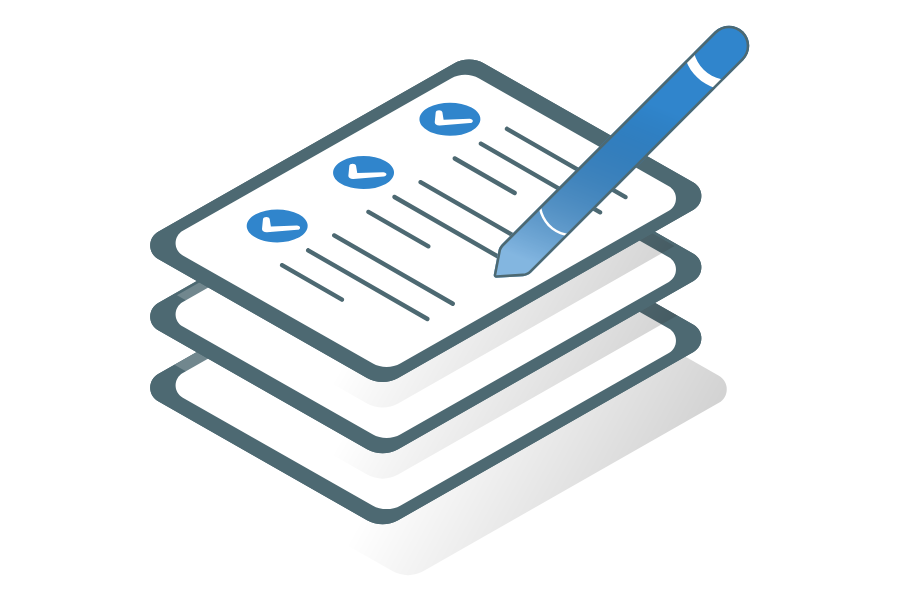How to Stay Compliant with New Jersey’s Workplace Safety Laws
As a small business owner in New Jersey, ensuring compliance with workplace safety laws is essential to creating a safe and productive work environment. This not only helps protect your employees but also safeguards your business from costly legal issues. If you’re also seeking accounting services in New Jersey, having a comprehensive understanding of these laws is key to maintaining compliance and managing the financial health of your business.
This guide walks you through the critical areas you need to focus on to stay compliant with New Jersey’s workplace safety laws.
1. Understand Relevant Safety Laws and Regulatory Bodies
To stay compliant, you need to understand which agencies oversee workplace safety laws in your business:
- State employees: The New Jersey Division of Public Safety and Occupational Safety and Health (NJ OSHA) enforces safety regulations for state and local government employees.
- Private-sector employers: These businesses must comply with federal OSHA standards. While New Jersey has adopted federal OSHA standards by reference, there are no additional heat injury and illness requirements under the state’s Public Employees Occupational Safety and Health (PEOSH) plan.
2. Implement an Injury and Illness Prevention Program (IIPP)
New Jersey law requires all workplaces to have a written Injury and Illness Prevention Program (IIPP), which includes:
- Hazard assessments: Identify and evaluate potential hazards regularly.
- Employee training: Provide ongoing training on how to recognize and manage hazards.
- Reporting procedures: Establish procedures for employees to report unsafe conditions.
3. Provide Adequate Safety Training and Equipment
Your business must ensure employees have the necessary safety equipment and training:
- Safety equipment: This may include fall protection, respirators, machine guards, and hearing protection.
- Training: Conduct training in a language and manner that employees can understand. It should cover workplace hazards, safe work practices, and how to use safety equipment properly.
4. Post Required Workplace Notices
Businesses with 25 or more employees must display the SAFE Act notice, which informs employees of their rights to job-protected leave for victims of domestic violence or sexual assault. Other mandatory postings include:
- Wage and hour laws: Information on compensation and work hours.
- Child labor laws: Requirements for employing minors.
- Smoking prohibition signs: As required by law.
- OSHA-related safety notices: These explain employees’ rights regarding workplace safety.
Make sure these notices are visible at all workplace entrances and common areas.
✅ Your books should work as fast as you do. Get real-time insights, automated reports, and expert guidance—all in one place. Experience live accounting here.
5. Comply with Licensing and Certification Requirements
Certain occupations require special certifications, including:
- Boiler and crane operators: These roles require valid certifications that must be maintained by employers.
- Equipment inspections: Regular inspection of equipment is essential for compliance and safety.
Ensure that employees in regulated roles hold valid certifications and that all necessary equipment is up to date.
6. Report Workplace Incidents Promptly
Reporting work-related incidents on time is crucial:
- Fatalities: Must be reported to federal OSHA within 8 hours.
- Hospitalizations: Must be reported to OSHA within 24 hours.
- Workplace injuries and illnesses: Employers are required to maintain records and report certain incidents to OSHA.
Failure to report incidents promptly can lead to penalties.
7. Maintain a Safe and Healthy Work Environment
To reduce common hazards in the workplace, follow these OSHA standards:
- Falls: Implement fall protection measures.
- Trench collapses: Follow proper trenching procedures.
- Confined space entry: Have safety measures in place for confined spaces.
- Hazardous substances: Ensure appropriate protective equipment and training are in place.
Healthcare workers should be provided with safety-engineered devices to prevent needlestick injuries.
8. Stay Updated on Employment Law Changes
New Jersey frequently updates workplace protections, such as:
- Minimum wage increases: Stay current on changes to the state’s minimum wage.
- Paid leave benefits: Understand the latest requirements for paid leave.
- Employee privacy rights: Stay informed about regulations protecting employee privacy.
- Anti-discrimination laws: Keep up to date with any changes in anti-discrimination laws.
It’s essential to review labor law updates regularly to ensure comprehensive compliance.
Summary
Ensuring compliance with New Jersey’s workplace safety laws involves understanding key regulations, implementing safety programs, and staying proactive about updates. As a US small business, prioritizing the safety and well-being of your employees not only keeps your business compliant but also builds a safer, more productive work environment.
Experience America’s Most Modern Accounting Service
We believe great accounting combines two things: intelligent automation to enhance efficiency and real human expertise for what matters most.
At Counto, our AI assists with daily books while your dedicated accounting team delivers strategic value. Need help? Your Customer Success Manager is just a text or call away. Get both technology and personal service in your Counto accounting plan.
Join forward-thinking businesses who’ve upgraded their accounting experience:
- Chat with us now
- Email [email protected]
- Fill out our contact form
Here are some articles you might find helpful:
Cost to Register a Small Business in NJ







